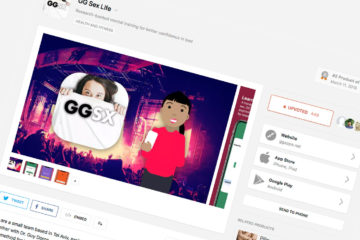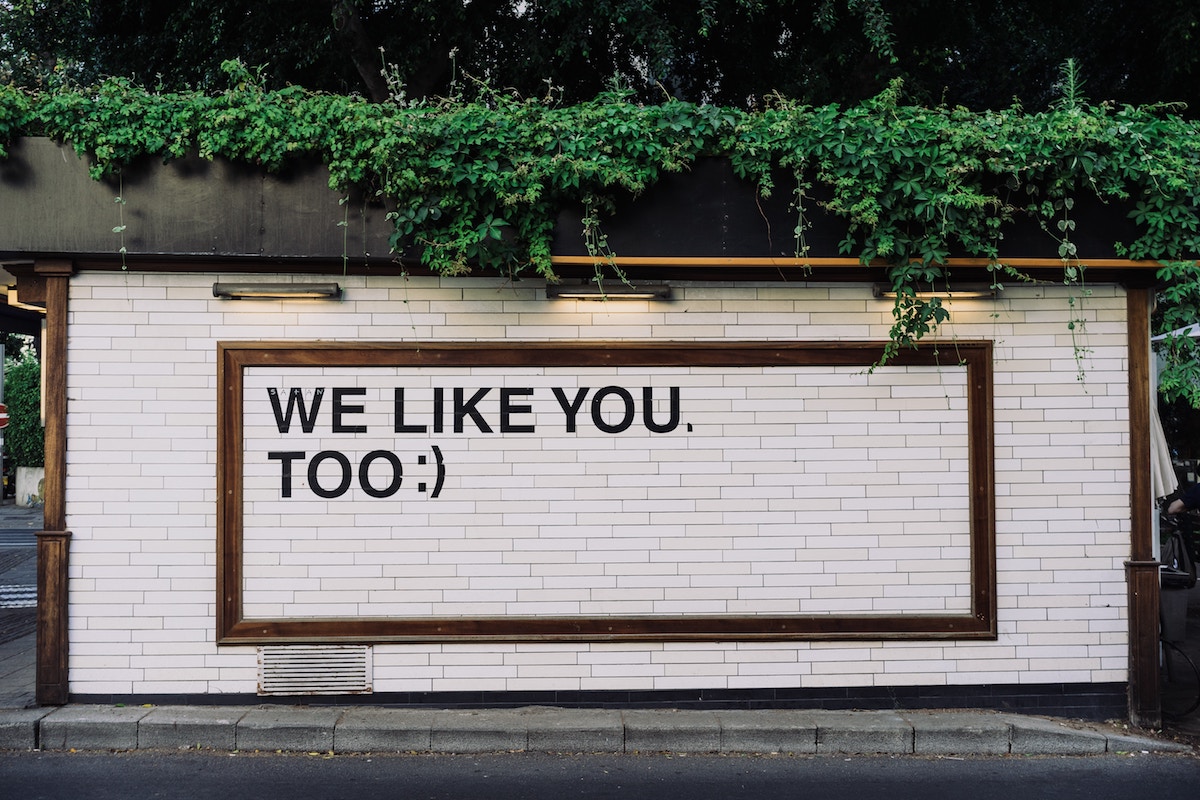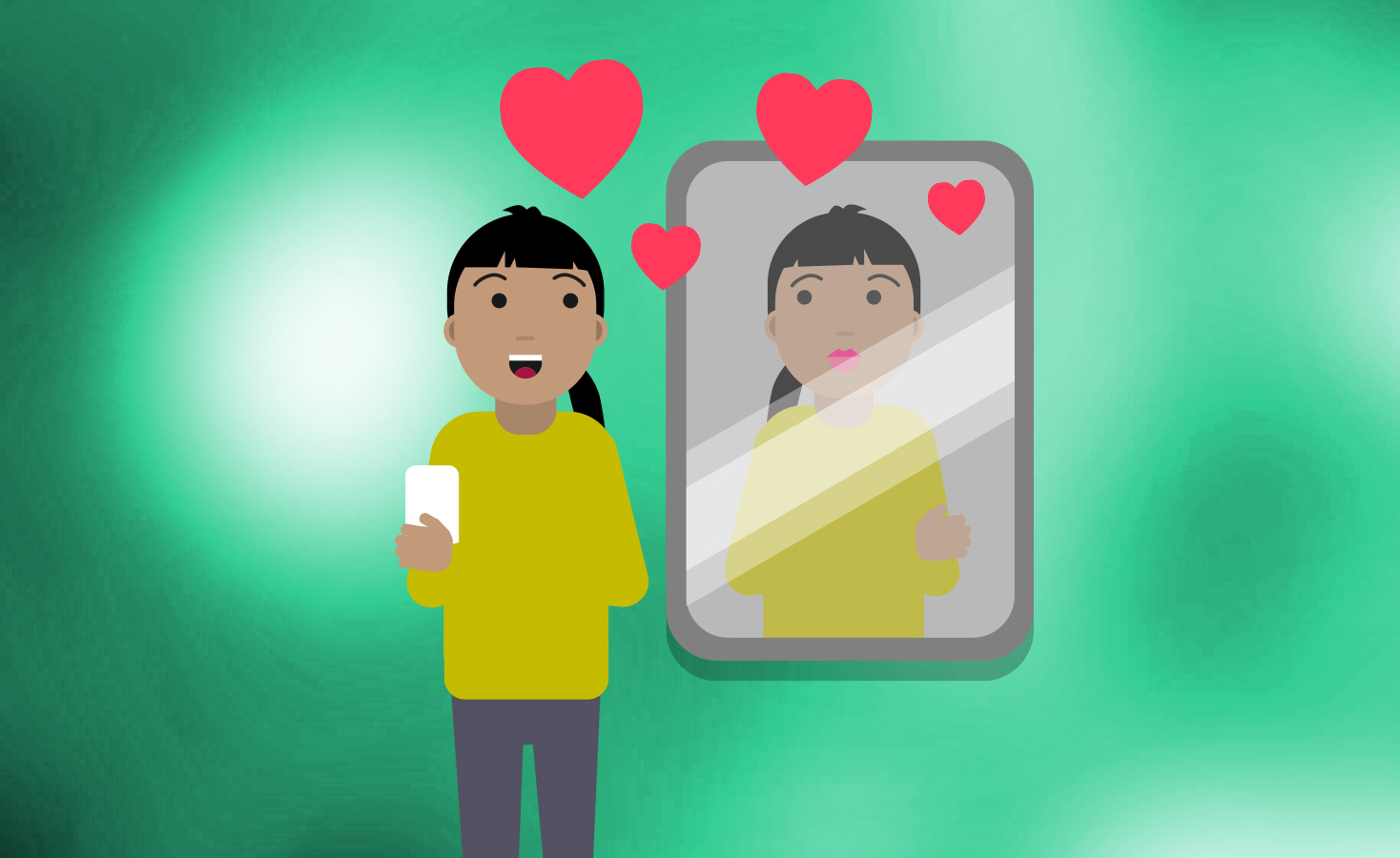A few months ago a media item about our app got picked up by other media outlets, and soon enough Guy and myself (Gur) appeared on TV, radio and a couple of printed newspapers. Guy talked about improving self esteem and how it is possible to treat OCD, while I tried to explain the interesting stories behind building a technology to help people with psychological disorders and improving psychological wellness.
One of the questions that was constantly asked: Can you really use an app for psychological treatment?
While personally I’m not the psychology expert (Prof. Guy Doron is), I had to find an answer to this question. The thing is, when you are being interviewed on a 2-minute before commercials afternoon radio talk show spot, you can’t hesitate. and answer like “It’s complicated, however…” and you hear the end of the show jingle playing in the background, seconds before the line drops.
Being an expert for what he does, and having researched OCD and ROCD as well as many other psychological disorders, Guy will do whatever he can to help people learn more about the GG Platform and discover it, however there is a need to be precise and not sell any illusions.
So, the answer is yes, then. It has to be. Otherwise, the interviewer just taps the ‘next’ button and puts on a new Rhianna tune. And so goes a golden opportunity to promote our platform, so more people can hear about what we’re doing.
How can it be a “YES” then?
Psychological conditions such as OCD are a long struggle. It’s also quite challenging to treat OCD. When treating OCD patients, therapists often try to challenge and change their patients’ beliefs. This is on major key to improvement. However, it is a very hard and tedious work. Did you ever try convincing someone to change their mind?
An example to challenging beliefs would be to help a OCD sufferer to view the world as a less threatening and dangerous place. The belief that our surroundings are a threat stands behind a lot of OCD behaviours. And for someone that believes the world is dangerous, it is quite hard to change this way of thinking.
Lets take ROCD: people who deal with this condition can think that relationship related mistakes are fatal, and ultimately lead to catastrophe. Unfortunately, if I hold this belief, I can find many ‘proofs’ for it in life. Breakups, divorce and even movies who advise us to make the “right” decision. So someone who holds this belief will always find plenty of reasons to keep it.
The process of making this belief more flexible and adaptive can be very long, tedious and expensive. It can take weeks, and even when there is progress, there is a chance that events in the meantime will cause recession.
Adaptive and maladaptive thinking
What we are doing with GG Apps is try to go directly to people’s way of thinking and affect it. So while we don’t “treat OCD” , we’re tackling one of the core pillars of OCD. Confronting users with sometimes thoughts that are hard to take. Rarely, users actually object to some statements and write to us that we need to change the content. This is mainly because, while our system is rigid, it tries to be as effective as possible in defining the line between adaptive and maladaptive thinking.
Therefore, we actually aim to make it as rigid as possible. In a world of complexity and hard to define lines between good and bad, we learn which ways of thinking pulls us down, and which ways of thinking helps us improve.
When users write to us, they call it “the OCD app” or “this ROCD app“. We call it “the apps that help people change their beliefs for improved psychological wellness while training for only three minutes a day”.
But that’s too long. We know.


